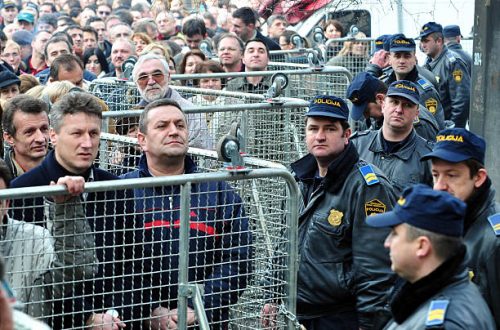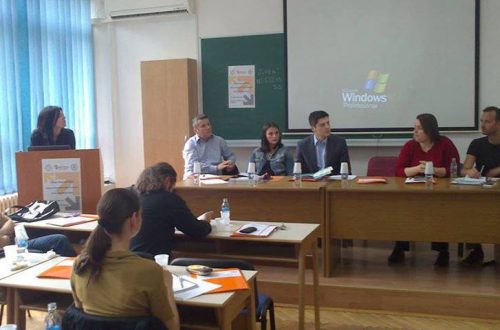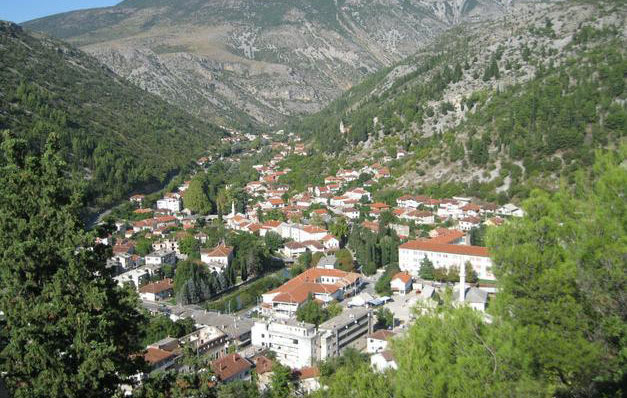Report: BiH-A Chronic Special Case
According to BiH Statistics Agency every one of us produces around 1 kg of waste every day and this includes only the waste we produce in our households, the so-called communal or municipal waste. Annually, this amounts to 365 kg of waste per person. If we multiply this figure with 75.5, the average life expectancy in BiH, we see that every inhabitant of this country produces 27,557.5 kg of waste during his or her lifetime. This is the weight of four fairly large African elephants. As part of the project funded by the British Embassy in BiH, “EU Stories”, Populari has published a report titled “BiH-A Chronic Special Case?” – Bosnia’s Approach…
Report: The Cost of Non-European BiH – Economy of the Animal Welfare
In this paper, animal welfare is taken as an example we can all relate to and concerns us all in different ways. It is also one of the obstacles that can easily be solved to enhance the entire sector. The value of the products that are animal welfare friendly is enormous and still to be fully understood both in ethical and monetary terms. Before BiH can export meat to the EU, it must reorganize its domestic structures, achieve high quality and become a competitive partner in the region. With a number of issues that have yet to be resolved, before Bosnian meat producers can easily access markets outside their domestic…
Stolac – Overcoming Divisions
The UK Business Link model, which served as a platform for the Business Bus pilot project proved to be flexible enough to work regardless of the economic conditions of a particular BiH area. In particular, the model proved to be adaptable to helping some agricultural producers in the small, predominantly agricultural municipality of Stolac. Well positioned for economic success With abundant natural resources and a number of cooperative organisations, Stolac is well positioned for economic success. Located in the south-east of the Herzegovina-Neretva Canton, Stolac’s agricultural advantages include its climate, fruit production, early vegetable production, viticulture, apiculture, organic agriculture and herbal plants. Although sparsely populated (a 1999 estimate was 10.000…












